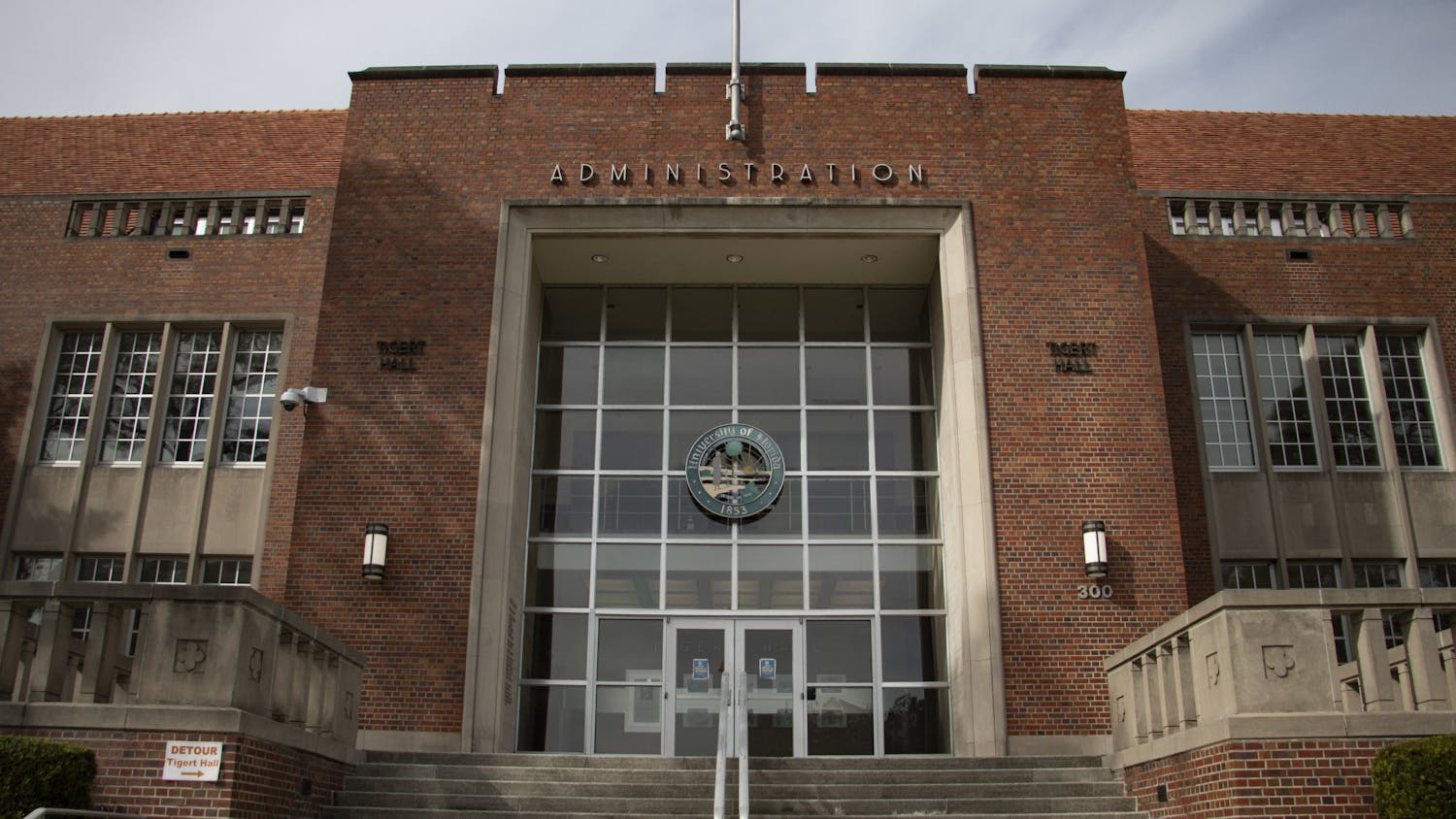Many of us are aware of the ever-so-famous low-carb diet… but, like the amount of calories in a Starbucks white chocolate mocha, we refuse to acknowledge its existence. Your creamy Phineas and Ferb mac n’ cheese is just too convenient. Leo’s garlic rolls are just too satisfying. And, come on, what’s game day without Bud?
To those who underestimate their strength to resist the Freshman 15 culprits, this one’s for you.
What is a low-carb diet, and can college students actually do it?
First of all, its LOW carb, not NO carb, and according to multiple professional medical sites such as Mayo Clinic, if done properly, a low-carb diet is one of the most effective ways to lose weight. Catered towards protein, fruits and vegetables, your diet is based upon cutting out refined sugars such as the dining hall’s dessert buffet, supersized gas-station sodas and calorie-loaded Italian entrees.
Tips for College Students
Plate proportions
For those taking their first steps onto a college campus, this is a big one. You no longer have mom and dad serving your well-proportioned, well-balanced dinners for you. Start being more conscientious of how much of each food group you are loading up on your plate. If you usually have half a plate of mashed potatoes, replace half of that portion with the vegetable of the day. Or, if you tend to always opt for seconds, allow yourself only more vegetables and healthy sources of protein (see below).
Beware the Meat
For all you hard-core carnivores out there, remember, protein does NOT just equal meat. Beware of doubling up on steak dinners, where your fat intake could then defeat the purpose of your diet. Here are healthy sources of protein to keep you full and satisfied throughout your day:
Breakfast: eggs/egg stirs/egg whites, soymilk, Greek yogurt, protein shakes (drink sparingly)
Lunch: canned tuna, peanut butter, hummus
Dinner: Freshseafood, feta cheese, cottage cheese (sounds gross, but embrace it! Pairs great with fresh fruit and veggies)
Start Slow
The biggest risk to a low-carb diet is the tragic binge. When beginning the diet, it’s best to cut out refined sugars and grains minimally at first. Removing large chucks of carbohydrates from your diet (like your morning Einstein’s bagel, afternoon Cheez-Its and nighttime Pepperidge Farms cookies), your body might go into shock. After only one or two days, you are more likely to have a strong urge to binge on every carb you can get your hands on. Beware the binge, and cut back slowly.
Keep Calm and Breathe on
Many who start the low-carb diet, often feel a sense of being trapped and that they will never be able to indulge on hot chocolate or a slice of birthday cake ever again. I will repeat myself: it’s LOW carb not NO carb. When at a party or catered event where dessert seems to serve as the third meal not dish, just breathe, and remind yourself that there will always be dessert available, so there is no need for you to gorge on everything in one sitting. Take a few, slow bites of the most appealing dessert, and enjoy the moment. By resisting stuffing yourself with every chocolate chip cookie (regardless if they are homemade) in sight will also make each future dessert taste that much better. Or you can stick to my own motto: only eat dessert if it is something you will probably never get the chance to have ever again or is impossible to make for yourself (such as a 5-star restaurant vanilla bean shortbread drizzled with white-chocolate-raspberry sauce). Dining hall? Skip it. Dessert in New York? Heck yeah.
Click here for more info on low-carb diets.





